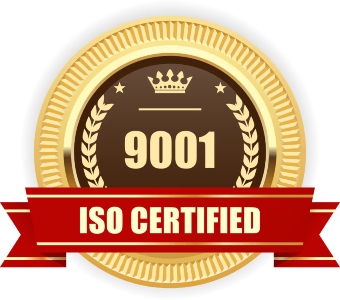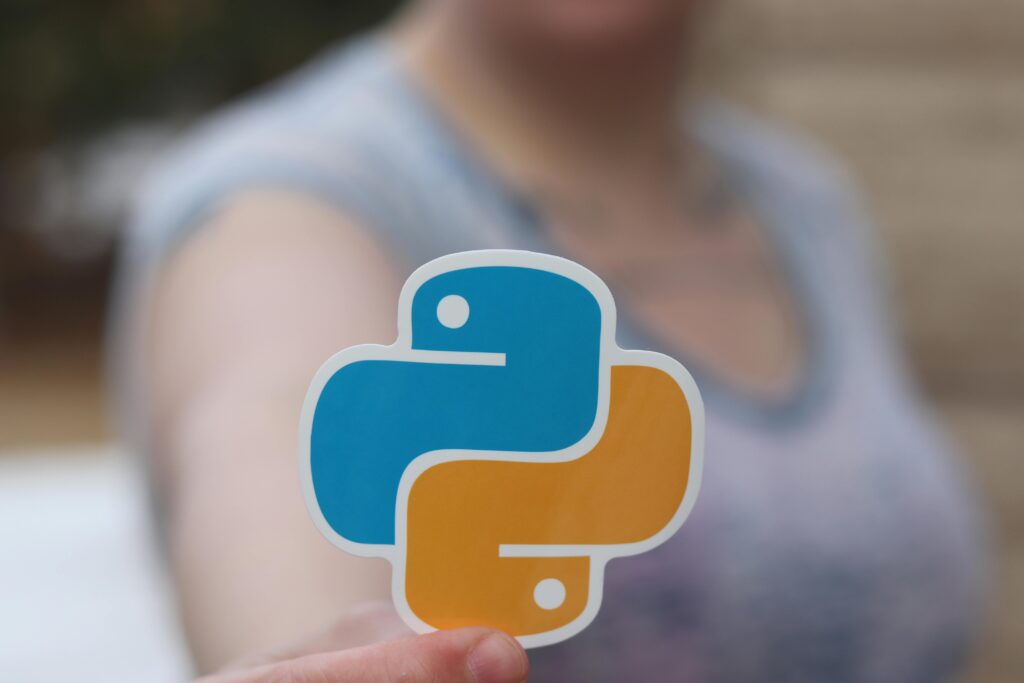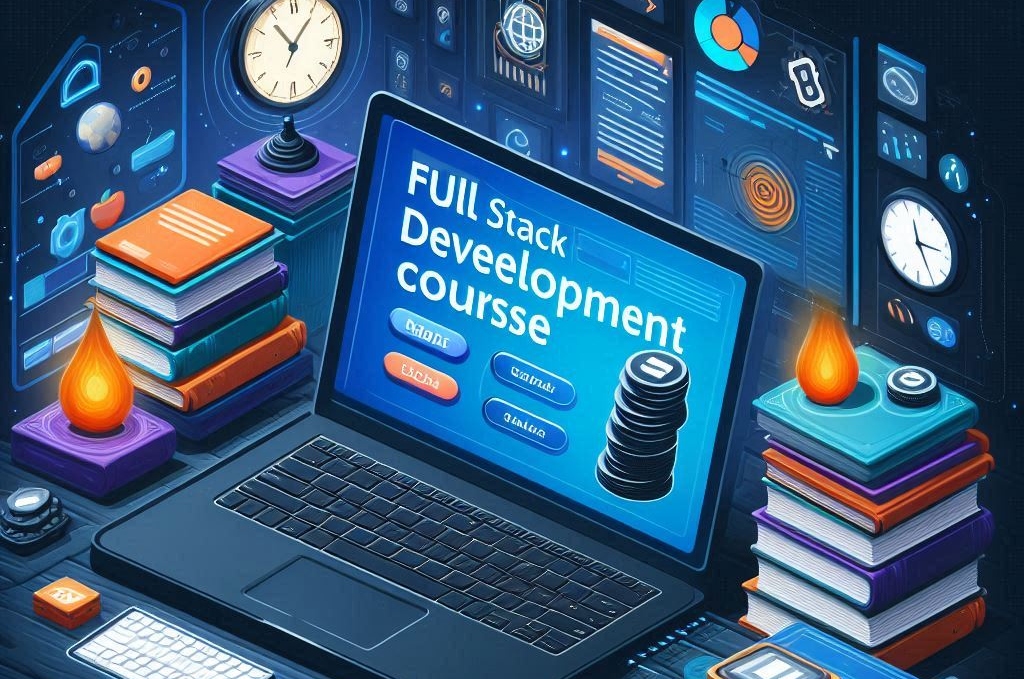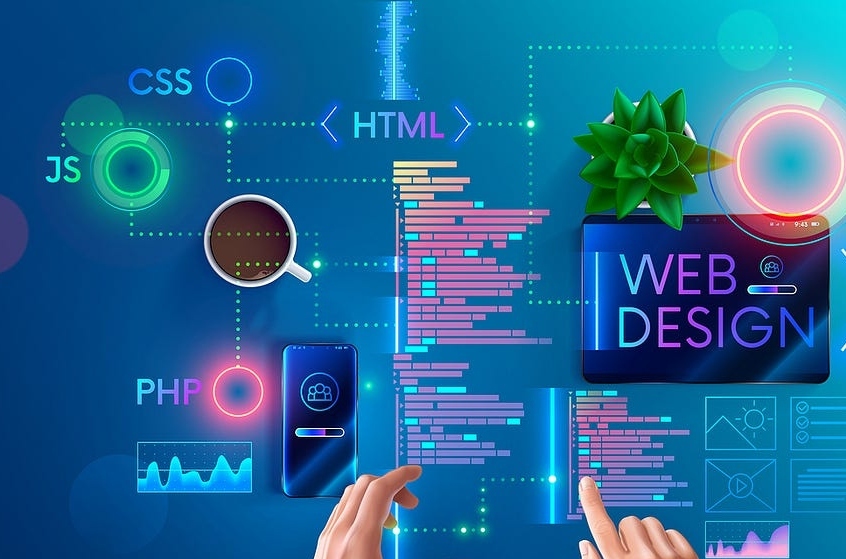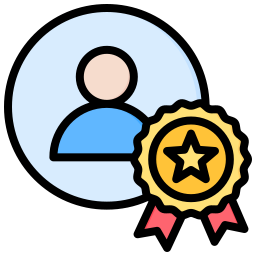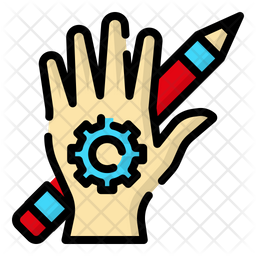The Best MEAN-Stack Developer Course in Coimbatore
Course Overview:
Our comprehensive Best MERN Stack Developer Course in Coimbatore is designed for aspiring developers who are eager to master both front-end and back-end technologies. This course provides an in-depth, hands-on approach to building and deploying modern web applications, equipping you with the skills needed to thrive in today’s tech landscape.
Begin your journey with the foundational pillars of web development. We cover HTML and CSS to ensure you can structure and style web pages with precision. Our course emphasizes creating responsive designs that look great on any device, preparing you to tackle real-world challenges.
Course Structure:
The course is divided into six modules for the MEAN–Stack Developer Course in Coimbatore:
- Module 1: HTML and CSS Basics
- Module 2: JavaScript Fundamentals
- Module 3: React Basics
- Module 4: Node.js Basics
- Module 5: Express.js Basics
- Module 6: Building a Full-Stack Web Application
Front-End Development:
The front end, or client-side, of web development involves everything that users interact with directly in their web browsers. The curriculum typically includes
HTML/CSS:
The building blocks of web design — HTML structures the content, while CSS styles it to create visually appealing and user-friendly interfaces.JavaScript:
A powerful scripting language used to add interactive elements to web pages, making them dynamic and responsive to user actions.Responsive Design:
Techniques that ensure websites look and function seamlessly across all devices. This includes the use of frameworks like Bootstrap for mobile-first and adaptive layouts.React (JavaScript Library):
React is a modern, component-based JavaScript library essential for front-end development in the MERN stack. This module covers:Building reusable and modular UI components
Managing state and props to handle dynamic content
- Using React Hooks for functional and clean component logic
- Implementing client-side routing with React Router
- Integrating React with backend APIs for full-stack functionality
Back-End Development:
The back end, or server-side, involves database and server management supporting the front end. The course covers:
- Server, Network, and Hosting Environment: Understanding server configuration and hosting environments is crucial for deploying applications.
- Database Management: Learning SQL and NoSQL databases like MySQL, PostgreSQL, and MongoDB for efficient data management.
- Server-Side Languages: Proficiency in languages such as Node.js, Python, Ruby, and PHP for building robust applications.
Version Control:
Keeping track of code changes is fundamental. You will learn:
- Git and GitHub: Tools for version control to manage and collaborate on code projects efficiently.
Deployment and Hosting:
Skills required for deployment and hosting include
- Continuous Integration/Continuous Deployment (CI/CD): Automating the integration and deployment processes for smooth launches.
- Cloud Services: Utilizing platforms like AWS, Azure, and Google Cloud for hosting applications.
DevOps:
Integration of DevOps practices includes:
- Containerization: Using Docker and Kubernetes for deploying applications in isolated environments.
- Monitoring and Logging: Tools like ELK Stack and Prometheus for tracking performance and diagnosing issues.
Soft Skills and Best Practices:
Emphasis on holistic skills includes:
- Project Management: Agile and Scrum methodologies for managing development cycles.
- Collaboration Tools: Platforms like Slack and Trello for effective teamwork.
- Code Quality and Testing: Writing clean code and conducting thorough testing using frameworks like Jest, Mocha, and Selenium.
What You’ll Learn:
- HTML: The latest version of the standard markup language for web pages.
- CSS: The latest version of the cascading style sheets language for web design.
- JavaScript: A programming language for creating interactive web applications.
- React: A popular JavaScript library for building user interfaces.
- Node.js: A server-side JavaScript runtime for scalable web applications.
- Express.js: A Node.js framework for building RESTful APIs.
- Database Integration: Working with SQL Databases.

